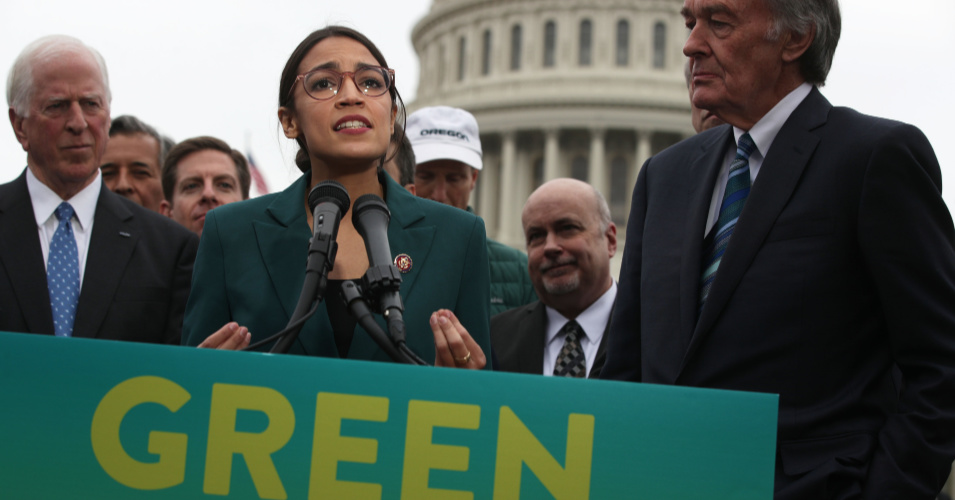As it becomes clearer and clearer that global climate change is dangerous and will require enormous efforts to protect human lives from its effects, the debate about how our individual choices and corporate efforts affect us has only gotten sharper.
Take, for example, this recent discussion from David Roberts (expanded with this Twitter thread) about “climate hawks”: while concern for Earth’s climate has traditionally been linked to environmental identity and environmentalism as an ideology, ameliorating climate change will require a lot more involvement and support from people who don’t identify as “environmentalists”. The policy solutions required are orders of magnitude larger than anything like recycling; getting them into practice requires the support of people who couldn’t care less about things like protecting endangered species.
Login to read more
Sign in or create a free account to access Subscriber-only content.
Topics:
